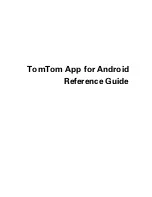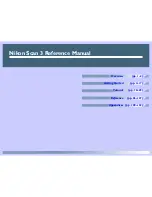
Glossary
80
extension
The three-letter ending on a file name that associates
the file with an activity or program. Examples include
.txt (text) and .exe (executable program).
FAT (file allocation
table)
A system table (used primarily by DOS and Windows
9x/Me) that organizes the exact location of the files
on the hard drive.
file type
A code that associates the file with a program or
activity, often appearing as the file name extension,
such as .txt or .jpeg.
Finder
The program that manages your Macintosh disk and
file activity and display.
firewall rule
Parameters that define how a firewall reacts to
specific data or network communications. A firewall
rule usually contains a data pattern and an action to
take if the pattern is found.
fragmented
When the data that makes up a file is stored in
noncontiguous clusters across a disk. A fragmented
file takes longer to read from the disk than an
unfragmented file.
fragmented IP
packet
An IP packet that has been split into parts. Packets
are fragmented if they exceed a network's maximum
packet size, but malicious users also fragment them
to hide Internet attacks.
FTP (File Transfer
Protocol)
An application protocol used for transferring files
between computers over TCP/IP networks such as
the Internet.
hidden attribute
A file attribute that makes files harder to access and
more difficult to delete than other files. It also
prevents them from appearing in a DOS or Windows
directory list.
host name
The name by which most users refer to a Web site. For
example, www.symantec.com is the host name for the
Symantec Web site. Host names are translated to IP
addresses by the DNS.
Содержание 10099585 - 10PK NORTON ANTISPAM 2004
Страница 1: ...User s Guide...
Страница 6: ......
Страница 10: ...Contents 10...
Страница 48: ...Options Set Norton AntiSpam options 48...
Страница 72: ...Troubleshooting Troubleshoot Ad Blocking 72...
Страница 86: ...Glossary 86...










































